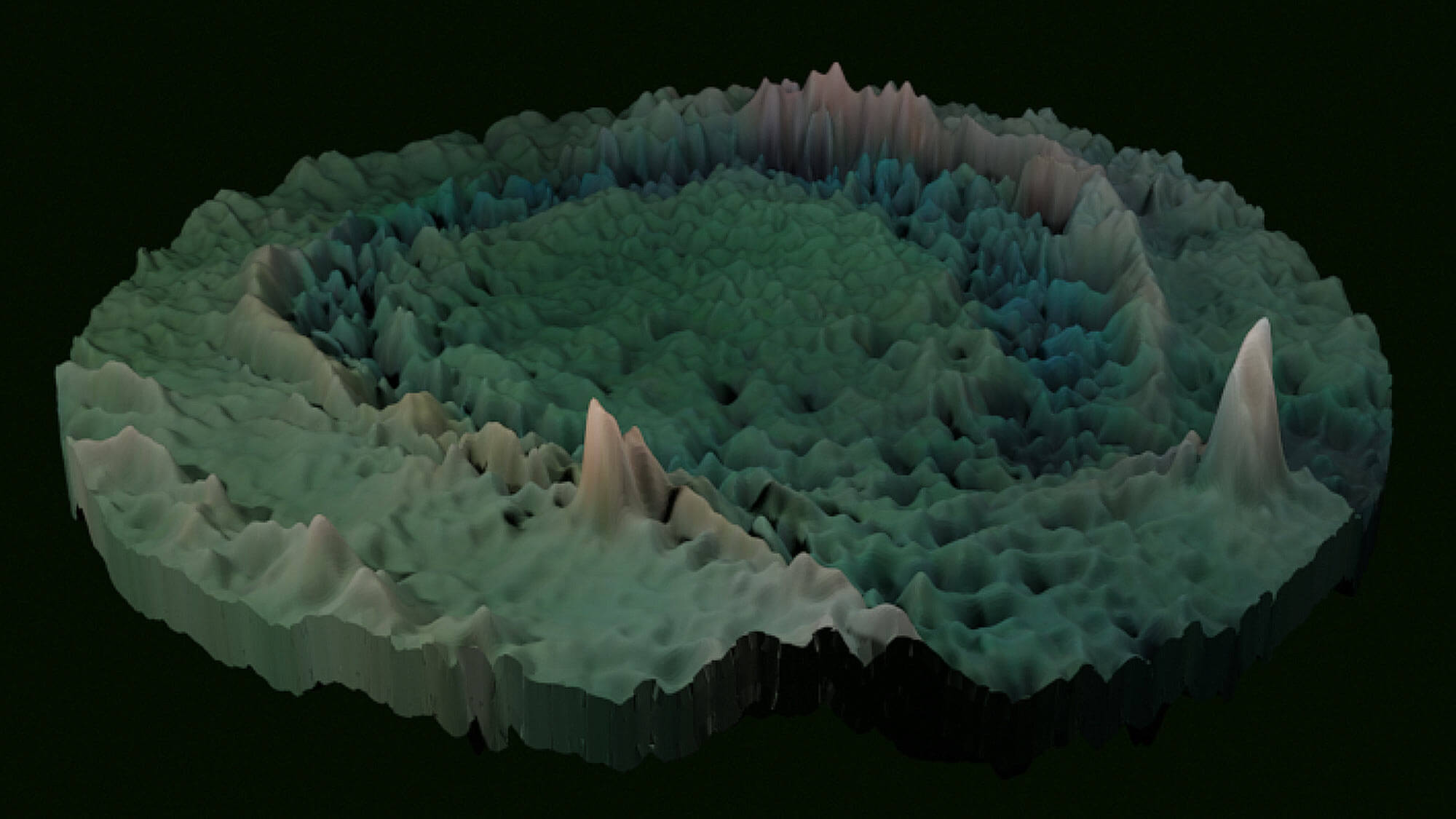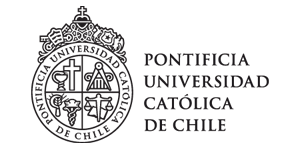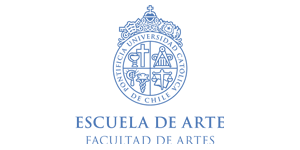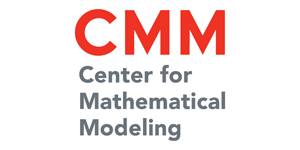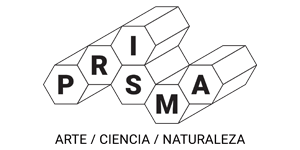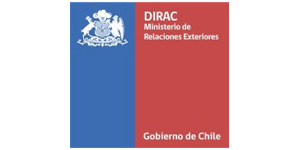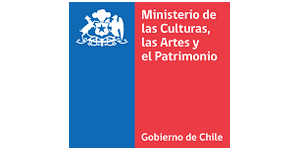PRISMA – Art, Science, Technology
Matter is empowered in performative acts: objects exercise forms of power and intra-material actions produce different materializations of the world. The emergence of alternative paradigms for thinking about the problem of materiality has many expressions in contemporary art. This exhibition displays those that recuperate ancestral techniques from today’s poetic, scientific and technological imaginaries. Particularly, crossovers between technologies belonging to different temporal and spatial spheres entail a recurring practice in the electronic arts produced in Latin America.
The three works stage a series of transformation processes of matter from the natural world into new materials that intertwine ancestral ways of making and contemporary technologies. Their artists investigate the encounter of macro and micro worlds through combinations of scales, modular constructions and alternations of different views on objects, materials and processes: Fragments of the Jungle by Angel Salazar proposes the coexistence of satellite views of geoglyphs and volumetric data visualizations; in Holobiont, Diego Silva combines the general structure of the installation with the infinite details of the symbiotic colony of bacteria and yeasts on a large scale; in WEAVES, Vivian Vergara´s minimal repetitive gesture of weaving is materialized and multiplied, amplified from a machine that is located between the serial and the handicraft.
The study of our ancestral cultures presents itself as a respectful approach to our natural environment but is also a reminder of the challenges that we face in this new and hardly classifiable era that we often refer to as the Anthropocene, where almost every practice instantly becomes obsolete.
-
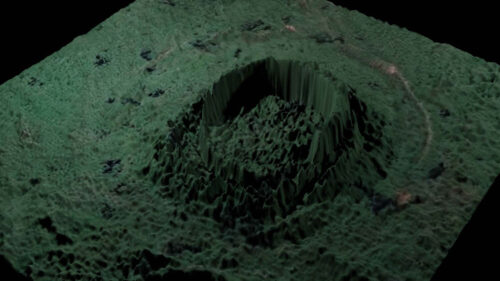
Fragments of the Jungle
Ángel Salazar (AR)
Installation that consists of a series of 3D objects and audiovisual displays that are based on aerial images of the geoglyphs. These images were made by civilizations of the Amazon in different areas of the jungle and later discovered from the massive deforestation of these territories.
-
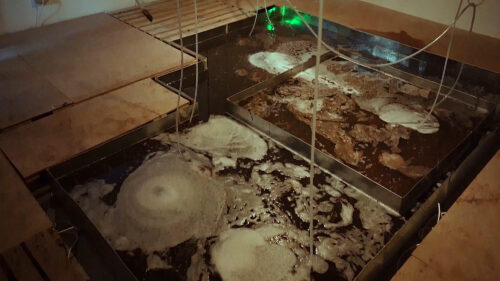
Holobiont
Diego Silva (CL)
The Holobiont concept refers to beings formed by the association of different species, which in this case give rise to techno-ecological relations. Holobiont´s main objective is to build a space where different degrees of living and technological complexity coexist and interconnect with each other.
-

WEAVES: From Humans to Living Machines
Viviana Vergara (CL)
Weaving bio machine in which craft techniques rooted in different pre-Hispanic cultures come together with scientific and technological knowledge. The artist uses mechanisms built based on biomaterials to design a machine that produces a fabric over time.
About
The UC Chile presents PRISMA: Art, Science, Technology: PRISMA consists of an inter-institutional initiative based in Santiago de Chile dedicated to promoting the investigation, production and exhibition of different kinds of works located at the intersections of art, science and technology with particular interest in nature. PRISMA was founded in 2019 by the Pontifical Catholic University of Chile and invites the masters in Media Arts University of Chile and the masters in Electronic Arts at the National University of Tres de Febrero (Buenos Aires, Argentina) to be incorporated into this network.
Credits
Artists / Works: Diego Silva (CL): Holobiont, Ángel Salazar (ARG): Fragments of the Jungle, Viviana Vergara (CL): WEAVES: From Humans to Living Machines, Curator: Jazmin Adler (ARG), General Coordinator: Valentina Serrati (CL)
UC Chile (CL): Dean of the Department of Arts: Alexei Vergara. Director of Arts & Culture: Miryam Singer, Vice-counsellor of Research: Pedro Bouchon
University of Chile (CL): Dean of the Department of Arts: Fernando Carrasco, Director of Master in Media Arts: Monica Bate, Director of the Center for Mathematical Modeling (CMM): Alejandro Jofré
National University of Tres de Febrero (ARG): Chancellor Emeritus: Aníbal Y. Jozami, Chancellor: Martin Kaufmann, Vice Chancellor: Diana Wechsler, Director Electronic Arts Master: Mariela Yeregui, Assistant Director of the Master’s Degree in Electronic Arts: Leo Nuñez
The participation is the result of a collaboration between Ars Electronica and the Ministerío de las Culturas, las Artes y el Patrimonio and the Ministerío de Relaciones Exteriores | Gobierno de Chile.
The projects have been selected through an annual open call as part of the collaboration between Ars Electronica Linz GmbH & Co KG with Ministerio de las Culturas, las Artes y el Patrimonio and Ministerio de Relaciones Exteriores de Chile.
